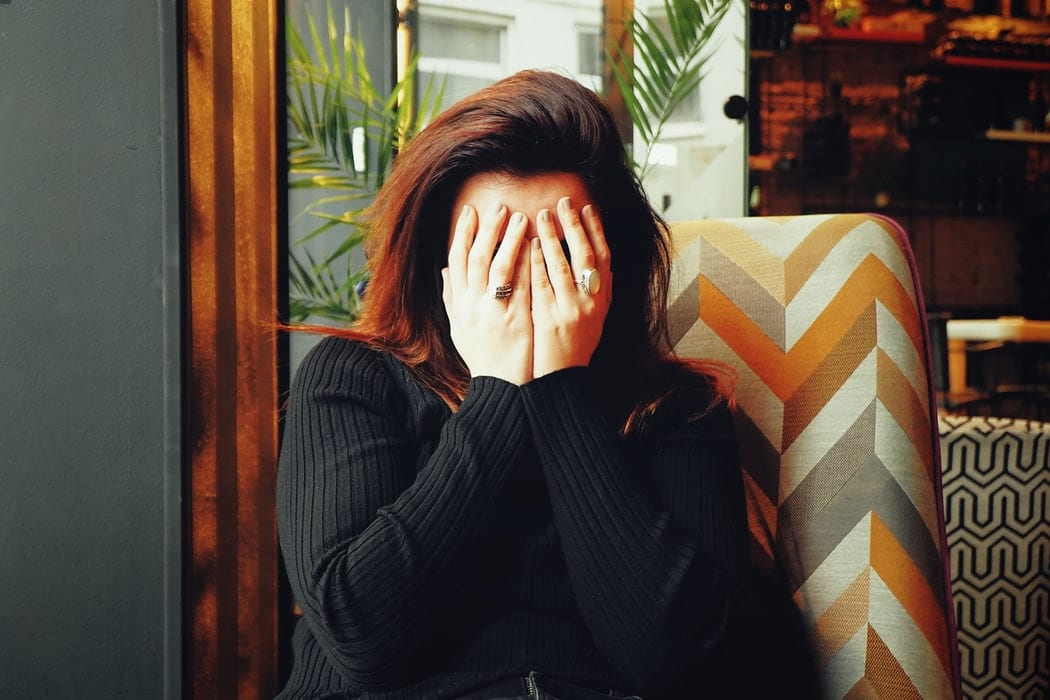Do you ever experience dizziness, lightheadedness, or the feeling that the room around you is spinning, that you might faint or that you’re about to fall over? If the answer is yes to any of these, it’s possible that you have a balance disorder.
Balance disorders are caused by problems with some part of the vestibular system, whether it’s your eyes, ears, muscles, joints or nerves; all of these body parts work together to send signals to your brain about how you’re moving through space.
What Causes Balance Disorders?

It is relatively common to experience increased balance problems as you age. But age isn’t the only factor that contributes to imbalance.
The Inner Ears
It’s often the case that a balance disorder stems from problems with the inner ear. Within the inner ear are three semicircular canals that are filled with fluid and lined with tiny hair cells. When you move your body and head, the fluid and hairs move in response, sending electrical signals to your brain about your movements.
Sometimes calcium crystals can become dislodged and float around the semicircular canals, triggering episodes of vertigo. This condition is known as benign paroxysmal positional vertigo (BPPV).
Another inner ear disorder is labyrinthitis, which occurs when the labyrinth becomes swollen and inflamed, usually the result of an upper respiratory infection or other viral infection.
Other Causes
Other causes of balance disorders include:
- Stroke
- Low blood pressure
- Head injury
- Ear infection
- Certain medications
- Arthritis.
In many cases, the exact cause cannot be identified.
What Are the Symptoms of Balance Disorders?
Balance disorders can cause a variety of symptoms, including but not limited to:
- Dizziness
- Vertigo (feeling that you or the room around you is spinning)
- Lightheadedness or feeling faint
- Feeling off-balance or as though you might fall over
- Floating sensation
- Blurred vision
- Confusion or disorientation
- Nausea, vomiting or diarrhea
- Changes in heart rate or blood pressure
- Fear, anxiety or panic
Symptoms may be short-lived or last several hours. Attacks can come on quickly, without warning.
What Are the Risks of an Untreated Balance Disorder?
If you don’t get treatment for your balance disorder, you’re at serious risk for a fall. Seniors are especially susceptible; according to the CDC, more than one in four older adults experiences a fall each year. Furthermore, falling once doubles your chances of falling again. Approximately one in five falls causes a serious injury like a head injury or broken bone, both of which can greatly affect mobility, independence and quality of life. If you’re ready to spend socially distanced time with family at the Pig Trail without fear of falling over or stumbling, schedule an appointment with a balance expert at the Georgia Hearing Institute today.
